How to Become a Fashion Editor, According to Those Who Did It

The role of a fashion editor has long been mythicized as a "dream job," with "a thousand girls" who would dream of adding this title to Linkedin profiles. However, unlike other professions like law and teaching where there are clear pathways in, I've never seen a "fashion editor" stand at a university career fair, and there's no such thing as an editor's assessment centre day. Many assume you need an "in" at a magazine to get work experience (translation: an aunt or a cousin able to pull some strings), let alone a job, but most of the fashion editors I know (including myself) made their own contacts and carved their own route in through hard work. If you have no clue where to begin or want e-advice about how to turn your internship into an actual job, keep scrolling to see how to become a fashion editor, according to those who did it.
How Important Is Education?
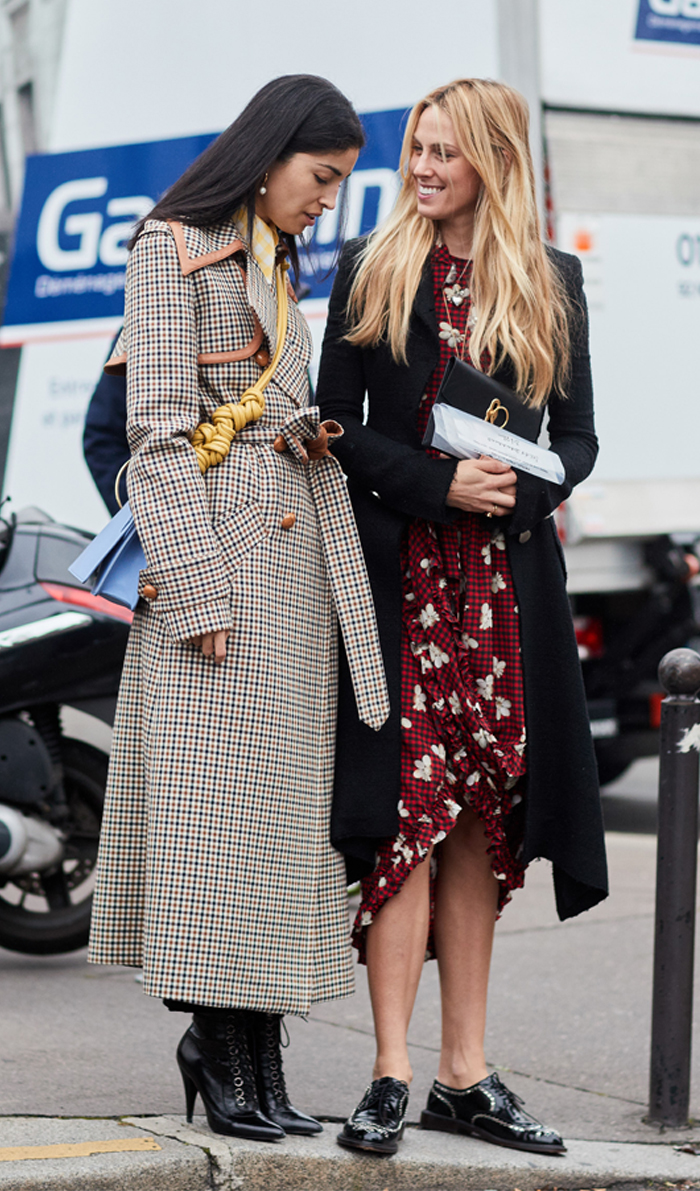
Unlike certain careers where there are A Levels or degrees that you can't get any further without, fashion journalism is a lot less clear-cut, so editors often have differing opinions on the importance of education. I personally did a degree in English literature and a Masters in journalism, and I really believe that both helped me to become a much stronger journalist. Josh Newis-Smith, fashion director at InStyle, agrees that it pays to study English or a humanities subject to help to hone your writing skills, and it also makes you qualified for plenty of other jobs if you change your mind. "This industry is tough, and in reality, it's not for everyone, so even if it's just to give you a backup plan, go do it." But you'll find editors with first-class degrees from Cambridge and ones who stopped studying at 18.
Internships and work experience are really important too, so this is where you can use your holidays to gain practical experience. "Education as a whole cannot be knocked, but there's a lot you can learn vocationally working within the fashion industry—particularly if you're keen to be a stylist, for example," says Who What Wear UK's Editorial Director Hannah Almassi. "I gleaned so much over the first few months of my time in the 'real' fashion world that it'd be easy to dismiss what a degree gave me. But as well as knowledge, studying can provide the work ethic, contacts and drive that you need to go far in the industry. However, there's something to be said for setting out on the journey young if you're really sure of what you want to do and are keen to work your way up."
Bethan Holt, digital fashion editor at The Telegraph, adds, "You need to be able to write well, and it's good to have some wider cultural knowledge, which you often get through studying. But you'll only be successful in fashion if you're tenacious, super hardworking and full of ideas. I don't think there's necessarily a degree that can teach you that, though some can help. If you have your wits about you, then you can succeed without university."
Email the Editors You Admire Directly—Don't Wait to See a Job Advert
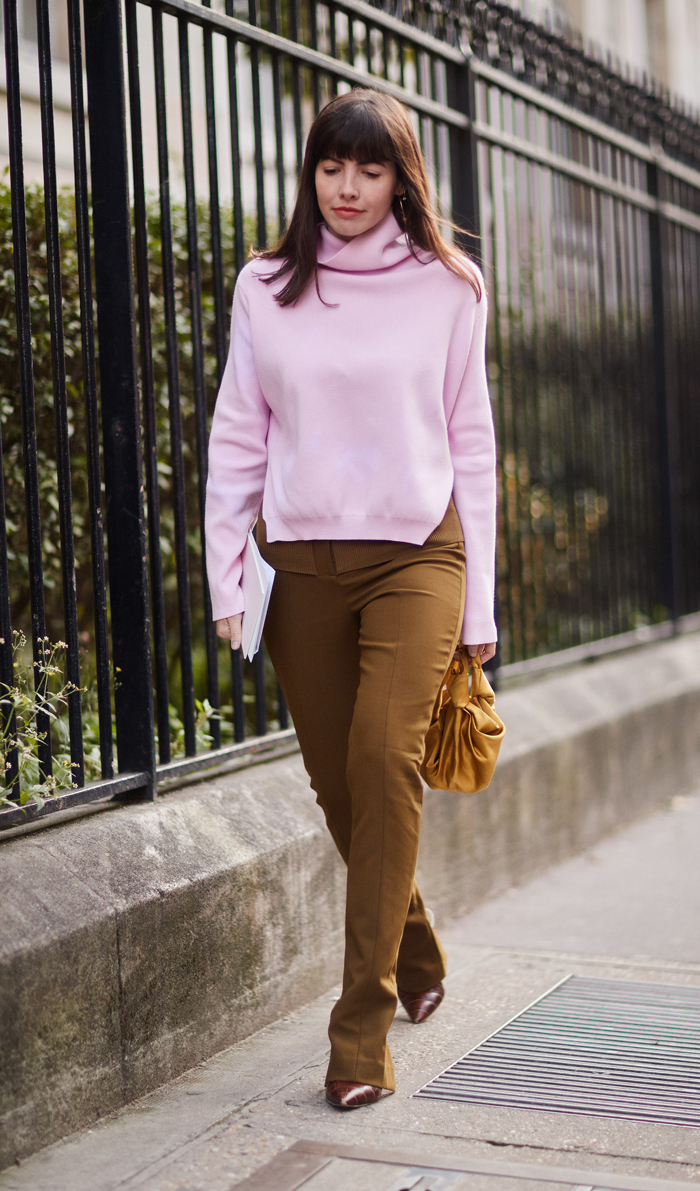
Every fashion editor I spoke to for this piece said that you should contact the people you really admire directly—more people will be willing to go for a coffee than you might assume. "Reach out to people you admire, and see if they'll spend some time talking you through the industry and offering up advice—everyone I know appreciates that mentor/mentee relationship," Almassi says. "Follow the writers, stylists and editors you admire on social media, as you may even be able to contact them there. Remember that everyone's always 'sooo busy,' so if you don't hear a response right away, do not panic. I recall being requested for an amazing internship nine months after I first contacted the publication about it."
Holt agrees, advising, "I would begin approaching the people you'd like to work with, and really think about why they or their title appeal to you. Getting in touch with people is easier than you might imagine—often their emails are easily guessable (at The Telegraph, we're all firstname.lastname@telegraph.co.uk)."
Want to know how to make your cold emails stand out? Josh says it's all about good old-fashioned praise. "If you are sending a cover letter to someone at a magazine, for instance, then research what they do, and slip in that you loved something they did," Newis-Smith explains. "The people in this industry respond well to flattery, and any fangirl emails I have received have gone straight to the top of the pile. It's sad but very true: Everyone loves a compliment."
How to Turn Your Internship Into a Full-Time Job
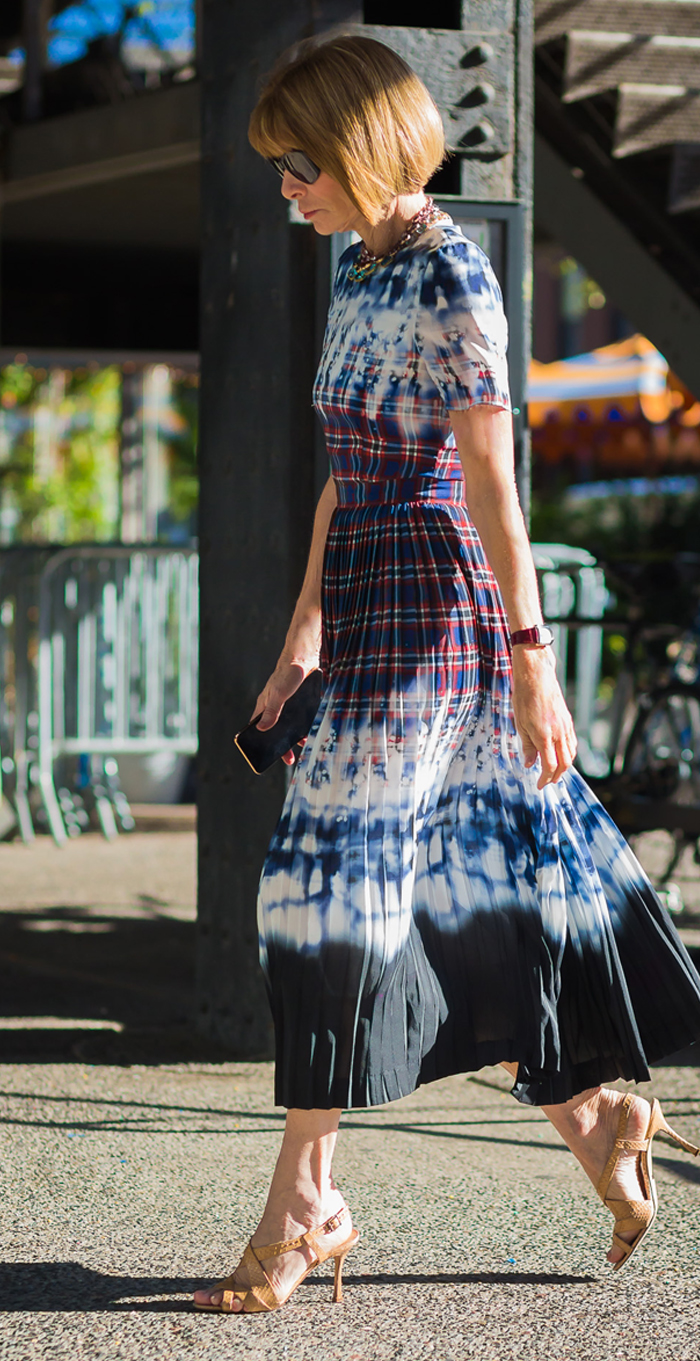
When it comes to making the step from internship to a first job, it is often a case of being in the right place at the right time, however, it is a small industry, and editors often do recommend a strong intern, and so you never know where your placement might lead you. "My overarching advice would be to make yourself indispensable to whoever you intern with," says Newis-Smith. "If you work hard and are amenable, you will get hired or they will recommend you to other people. Just remember no one is above any job, so treat getting the coffee as if you were styling Rihanna, and do the best damn job you can. Attitude is everything. A good attitude can make your career, and a bad attitude can break it so easily."
How to Train Yourself for the Job
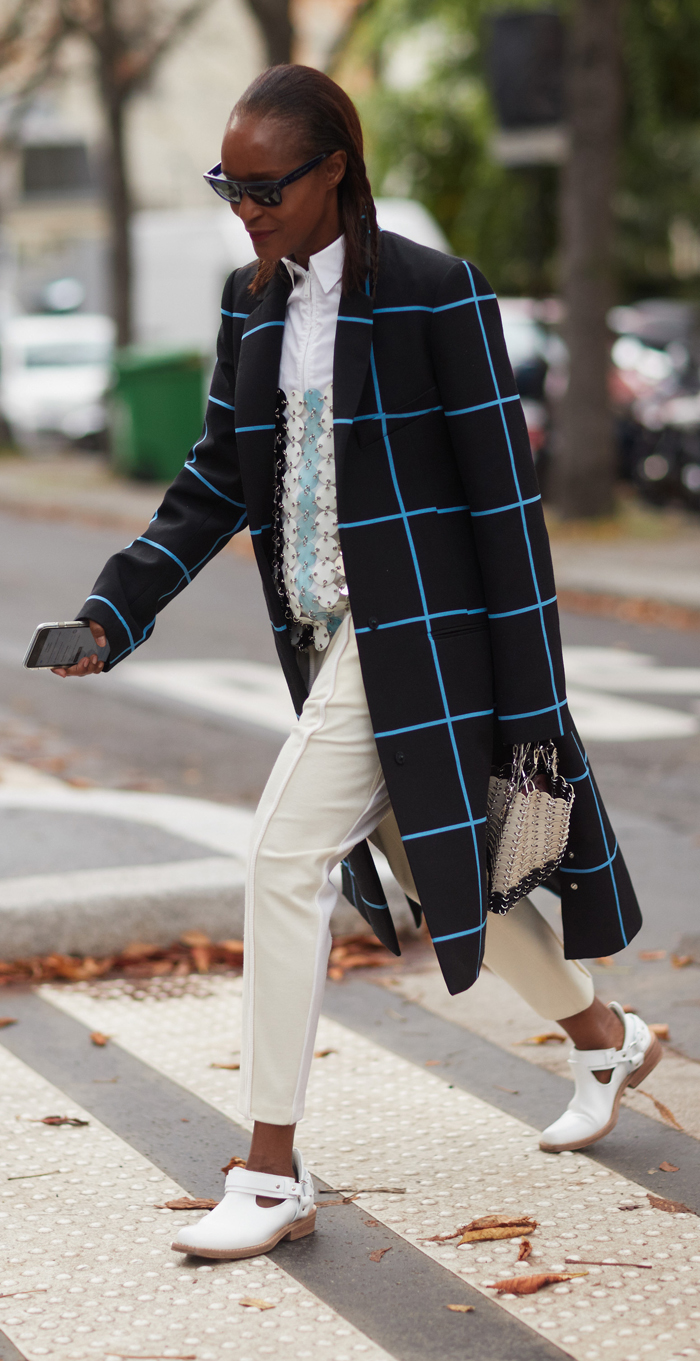
Holt's number one tip for someone wanting to become a fashion journalist is to "read, read, read. You'll only develop a sense of how important tone of voice, ideas and structuring an article is if you read lots of them. You also need to educate yourself on the industry. It's not enough to like shopping for clothes (though an encyclopedic knowledge of brands will help). You need to have a point of view and be able to have a memorable conversation with anyone who might be interviewing you. Who are your favourite designers, and why? Whose style do you admire? What trends can you spot from street style or catwalk pictures? Who should we be interviewing or making a video with right now?"
Don't Be Overwhelmed by Stereotypes of the Fashion Industry
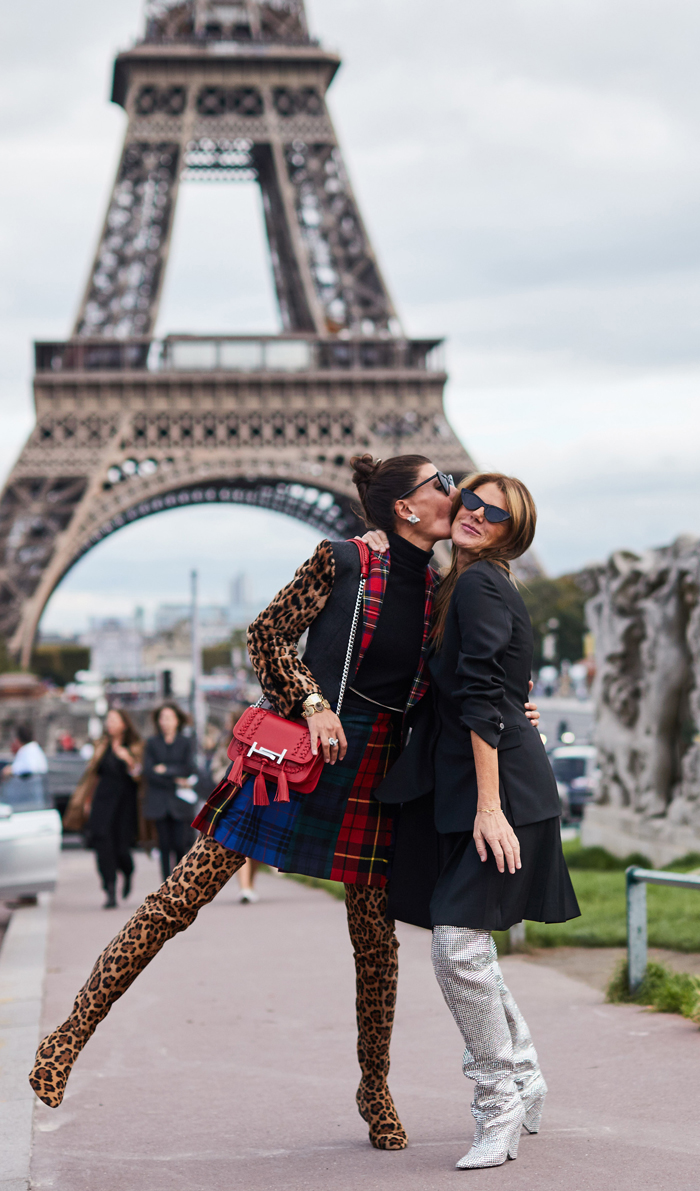
One of my favourite pieces of advice was from Almassi saying to ignore Devil Wears Prada stereotypes about the fashion industry. "Don't feel overwhelmed by the more superficial elements of this business—hard work, dedication, time, patience and focus really can pay off in the end," she tells me. You don't need designer handbags or an Anna Dello Russo wardrobe. You need the right attitude.
Next up, see our edit of the best ankle boots to buy now.
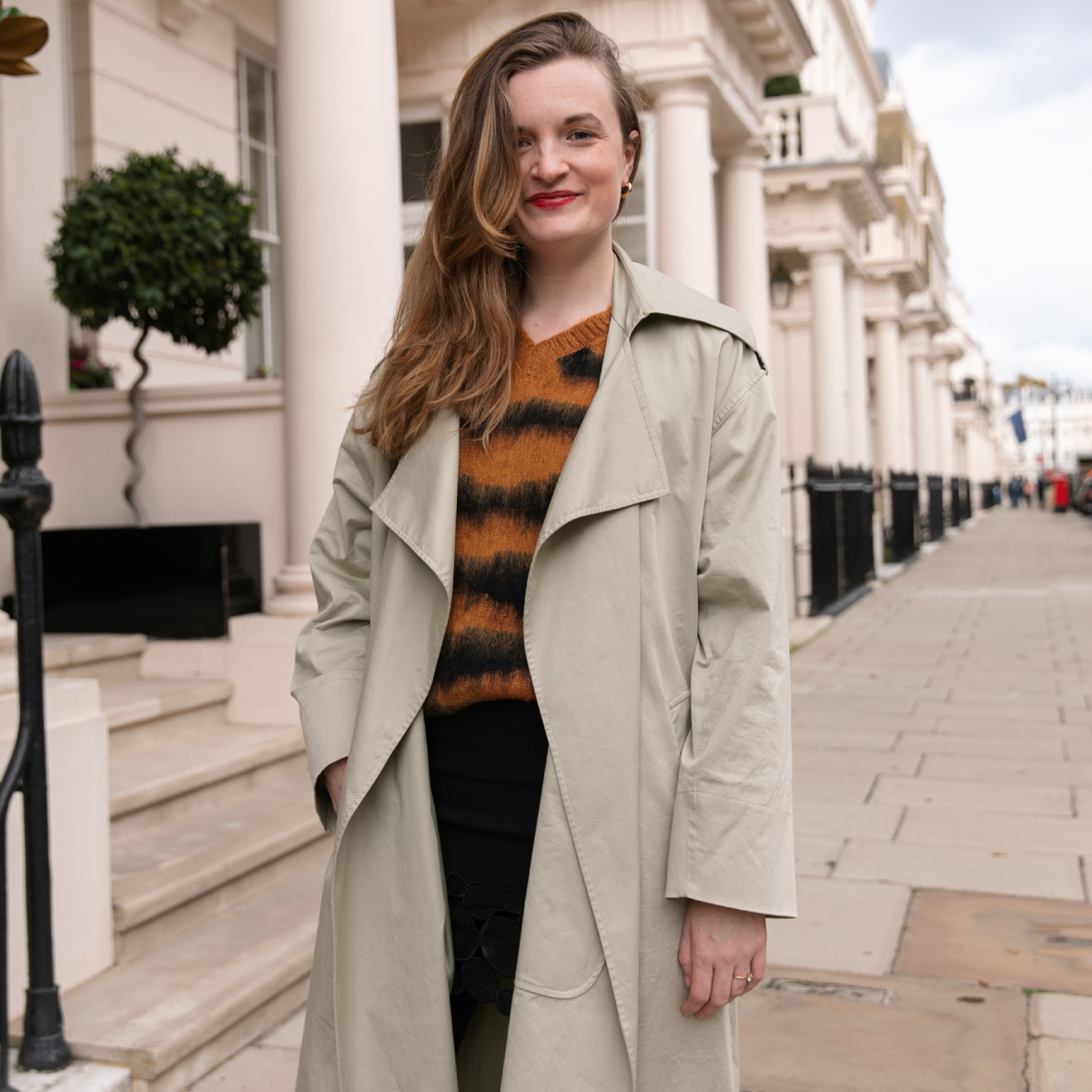
Emma is a freelance fashion editor with over 15 years experience in industry, having worked at The Telegraph, Grazia and, most recently, British Vogue. Emma was part of the founding team of Who What Wear UK, where she worked for six years as Deputy Editor and then Editor—helping shape the team into what it is today is one of the biggest privileges of her career and she will always see herself as a Who What Wear girl, contributing to both the US and UK sites. Whether she's writing about runway trends or spotlighting emerging brands, she aims to write about fashion in a way that is democratic and doesn't promote over consumption.